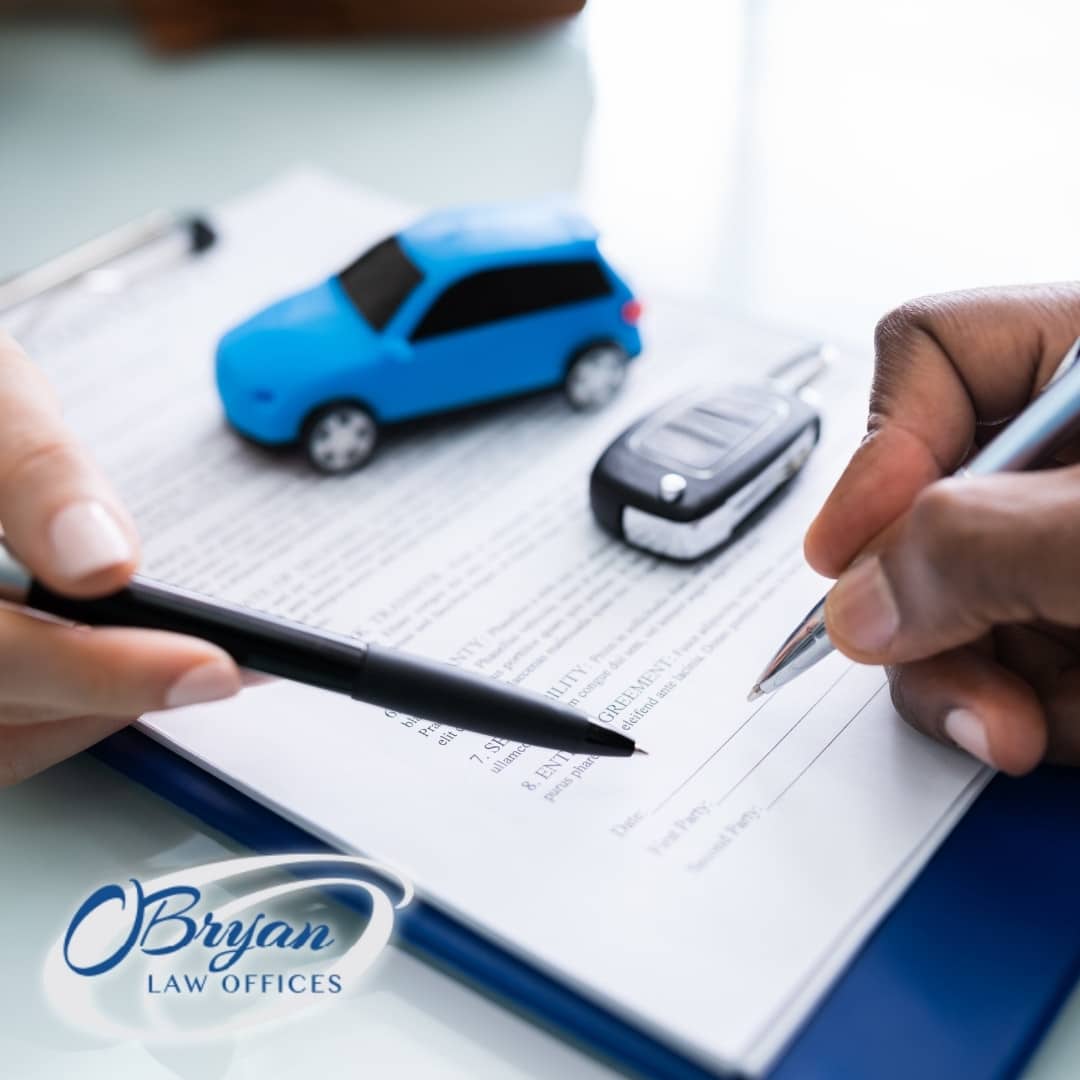A financially struggling small business owner can become confused as to the extent of his or her personal liability for business debts. The answer is found in the relationship between the individual and the debt, in other words, “Is there a personal guarantee?”
What Is a Personal Guarantee?
A personal guarantee is a contractual promise that obligates a person to a loan. All “personal” loans have a personal guarantee, i.e. the bank gives you money and you promise to repay it. The promise to personally repay the debt is sometimes backed by the individual’s good credit, and other times by property pledged as collateral.
Personal Guarantees an Be Discharged in Bankruptcy
Most personal guarantees can be discharged in bankruptcy. Some personal guarantees cannot be discharged because the underlying debt is non-dischargeable (such as some student loans or some hold harmless agreements in divorce cases). Whether a personal guarantee is discharged depends largely on the relationship between the original obligor and the debtor issuing the personal guarantee. The most common relationships are:
- Individual
- Co-debtor
- Sole Proprietor
- Company
Individual
A personal guarantee is standard for most personal obligations. In other words, if you borrow money, you are obligated to repay the debt. If you don’t pay, the lender can collect from you personally. Discharging a personal obligation in bankruptcy means that the debt is no longer enforceable against the discharged debtor. However, the creditor may seek to collect on any property pledged as collateral for the debt.
Co-Debtor
Personal guarantees are often given for co-signed loans. The re is a great deal of confusion surrounding co-signed loans. Many people believe that a co-signor is not directly obligated for the debt. While a lender will seek payment from the borrower first, the co-signor is 100% obligated for the full amount of the debt. Consequently, if the borrower files bankruptcy, the co-signor owes the entire debt.
Sole Proprietor
Bankruptcy is not much help in a sole proprietor situation because the business does not legally exist. An unincorporated business is an extension of the owners, so there is no business to file bankruptcy. All sole proprietor business debts are personal debts.
Company
Most small business debts are personally guaranteed. When a business files bankruptcy, the creditor will turn to the guarantors for payment. If the debt is not personally guaranteed, the creditor is left to collect from business assets.
If you are burdened by personal guarantees on your business debts, speak to an experience attorney and see if bankruptcy is right for you. Bankruptcy can discharge personal guarantees and get you back on your feet again. Call O’Bryan Law Offices to speak with a Chapter 13 trustee Eastern District of Kentucky today.







